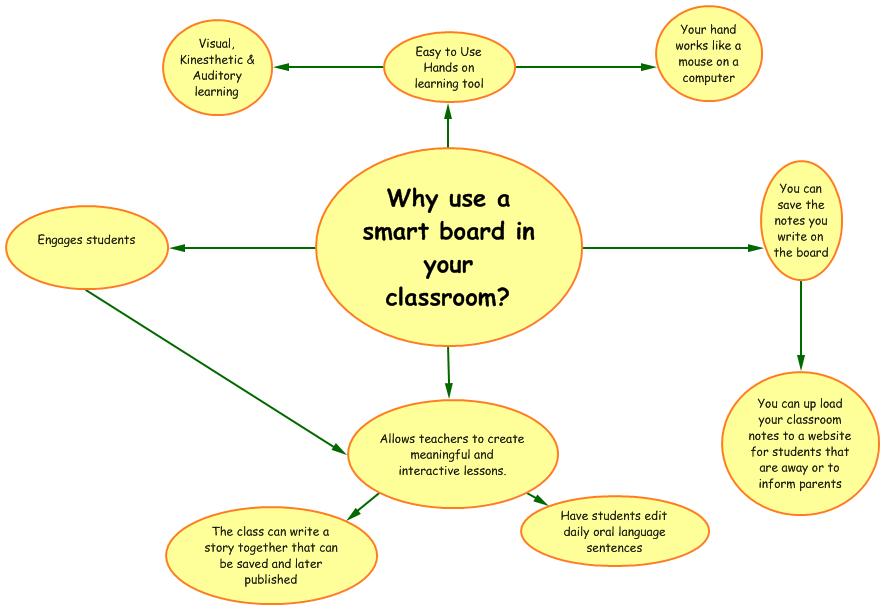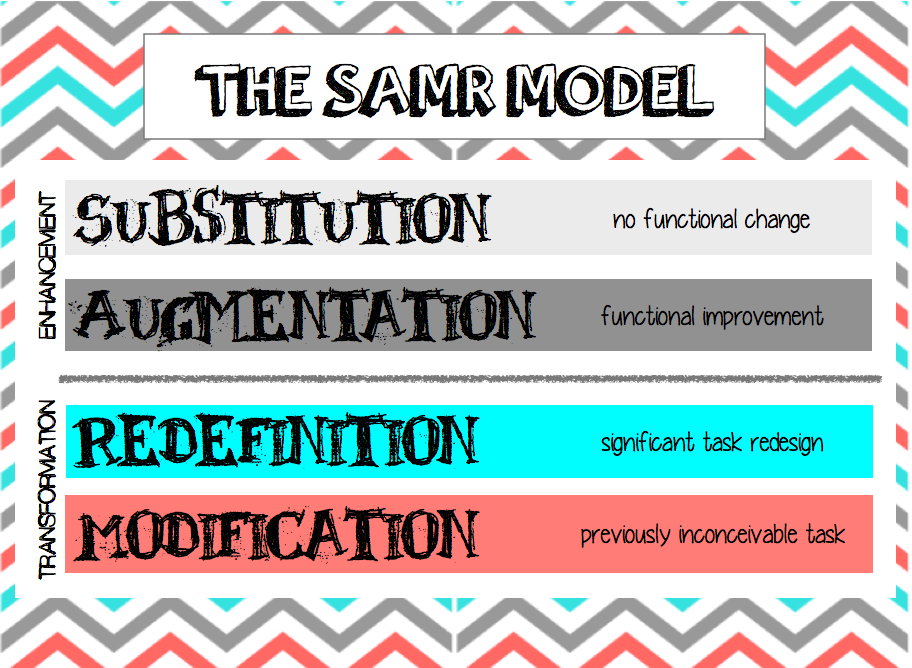Thoughts on
My Pedagogic Creed by John Dewey:
Inheriting culture. It's a topic that I've seen pop up in psychology, developmental, and anthropology courses. However, it seems as if culture inheritance is just a piece of Dewey's "funded capital of civilization," one he sees as consisting mainly of social, environmental influences. In the nature vs. nurture debate, Dewey stakes a claim more so in the nurture side when writing of education. Up to an extent, I agree, although in as extreme a way as Dewey. If an incredibly intelligent student exists, for example, in a context with a poorly equipped school with classes of over thirty students, or perhaps with great schooling opportunities but a tumultuous home environment, he or she will most likely not reach full potential. Yet, if that student has just a few amazing teachers who establish solid, positive relationships, I like to think there's hope. Those social relationships we form are incredibly important. Students are not in school only to learn content; that content, for some subjects, may change incredibly quickly. Instead they are learning life skills: the ability to adapt and change, metacognition, how to interact with one another in a culturally and socially appropriate way, how to ask for help.
Something I heard earlier today at Scarlett Middle School struck me: we are going to be teaching students who will have jobs in ten years that do not exist today and will utilize technology that has yet to be invented. Like Dewey states, it is impossible to prepare students for "any precise set of conditions," rather, I believe we can give them whatever thinking tools we can while building relationships and positive classroom environments and helping to create meaning between information learned in class and the outside world. Sometimes, technology can help with this meaning-making, but it should not be used merely for technology's sake. Dewey seemed to place a lot of
emphasis on learning through images; again, I would agree that images, ie
films, photos from the internet, drawings, etc, could enhance teaching in some
instances but not others. In my experience, using
technology is very situational and context dependent.
It's super crazy how Dewey already mentioned psychology in conjunction with education over 100 years ago! Cognitive psychology has only formally been in existence for approximately fifty years, yet Dewey already writes about how psychology grants a bit of insight as to the mental processes of which we are capable, without explaining enough or in such a way that such knowledge could be transferred to education. Still today, after we have learned so much more about the structure of the brain and how it works, we don't really know how to apply much to education. With all of the technology and educated professionals in the world, why not? Why, with the extensive brain literature we have floating around in journals and on the internet, haven't more studies been conducted that can better be translated to teaching?
Quotes I love: "If we eliminate the individual factor from society, we are left with only an inert and lifeless mass."
"I believe that much of present education fails because it neglects this fundamental principle of the school as a form of community life."
--Information can't just be pumped into brains; context is crucial. Each student is his/her own person with his/her own nuances, yet at the same time they all need to feel belonging, like they are wanted.
Side note: I'm a fan of that mustache.
Thoughts on "On Ed Tech and Dewey's Legacy"
I kind of love Dewey right now. Who knew he already pointed out how inadequate didactic teaching teaching was in the early 1900s? (had to look up didactic, I won't lie..."inclined to lecture others too much, pedantic"). Yet there are still teachers, albeit the more ineffective ones, who will stand at the front of a class and just spew knowledge without bothering to connect any sort of meaning to it. Those were the classes in high school where I would either manage to finagle a pass to the art room for the hour or sit and stare out the window at the trees. Factual knowledge is so superficial without anything else connected to it, it hops in one ear, rattles around for a bit if it's lucky, then wanders right back out. I couldn't tell you the capitals of every country in Asia anymore if my life depended on it, but I do know a starfish is the only creature that can turn its stomach inside out because I can link it to the starfish I would play with as a child.
Furthermore, Dewey stresses experience as not occurring in a vacuum. This could potentially be a part of education where technology can be of great help. In order to connect in-class learning to meaning, teachers could show relevant clips, photos and slideshows. Other types of technology, such as Elmos and Smartboards, could make it easier to make things like "mind-maps" in such a way that the whole class can see thought processes and contribute. Crazy amounts of information can be accessed through computers (whether it is useful, correct information is another story). In addition, such technology can help students visualize connections. I forget where I heard/read it, but supposedly students need to experience new information in at least seven different contexts before they can remember it. Technology can add some of these additional contexts. For example, as an aspiring German teacher, I would love to have access to various audio clips of native speakers with different dialects for my students. If all they become accustomed to is my way of speaking and one another's, they will be at a disadvantage. When I was a French student, I had only heard my teacher speak the language. As soon as anyone else tried to speak French to me, such as my Grandpa, I floundered. Perhaps they could even use Skype with students their own age in Germany. But as with many forms of technology, Skyping for class definitely has its pros and cons.
More quoting: "I believe that the neglect of this [experience as key] is a cause of a large part of the waste of time and strength in school work. The child is thrown into a passive, receptive, or absorbing attitude."

 Yes, they can be useful, but do they really transform education? The greatest take-away from examining technology in my placement relates to the SAMR model...is it transforming education? Is it augmenting learning (which SmartBoards can definitely do)? Or are some of the sources of technology just a substitution for teaching? Like the video, once thought to be revolutionary for teacher practice, some technologies are best only for the teachers, allowing them to take a break, especially if they do nothing with the new material they are giving students to work with. Can videos and YouTube clips be beneficial to learning, and take it in new directions not necessarily possible before? Definitely! But not if teachers passively show a video and expect students to passively take in the information...more of an active process is necessary.
Yes, they can be useful, but do they really transform education? The greatest take-away from examining technology in my placement relates to the SAMR model...is it transforming education? Is it augmenting learning (which SmartBoards can definitely do)? Or are some of the sources of technology just a substitution for teaching? Like the video, once thought to be revolutionary for teacher practice, some technologies are best only for the teachers, allowing them to take a break, especially if they do nothing with the new material they are giving students to work with. Can videos and YouTube clips be beneficial to learning, and take it in new directions not necessarily possible before? Definitely! But not if teachers passively show a video and expect students to passively take in the information...more of an active process is necessary.














